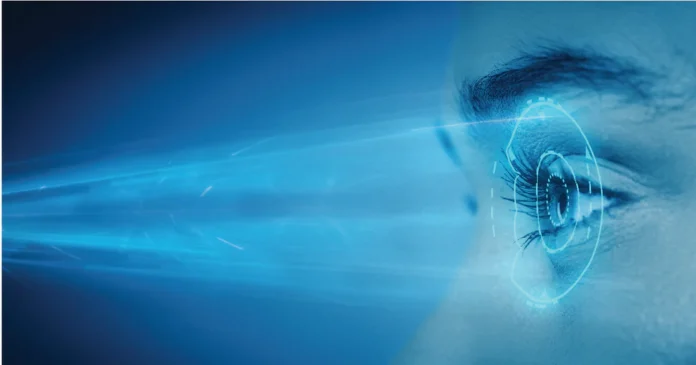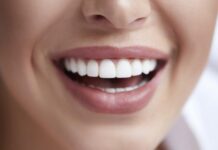We all spend too much time in front of screens. Phones, tablets, laptops, TVs—they’re everywhere. And the buzz around blue light keeps getting louder. You’ve probably heard that it’s harmful to your eyes, your sleep, and even your skin. But how much of that is true? And what’s just fear-mongering?
Let’s break it down together—no scare tactics, no hype. Just facts, clarity, and simple steps you can actually follow.
Key Highlights
- Blue light is not all bad, but too much exposure at the wrong time can disrupt sleep and eye comfort.
- Digital screens aren’t the only source—sunlight contains far more blue light than your devices.
- Your eyes have natural defenses, but they weaken with age and poor lifestyle habits.
- Sleep problems, dry eyes, and fatigue can all be linked to long screen exposure.
- Blue light filters, better screen habits, and targeted supplements can support long-term eye health.
- Not all eye health solutions work equally well—know what’s worth your time and money.
What Blue Light Actually Does
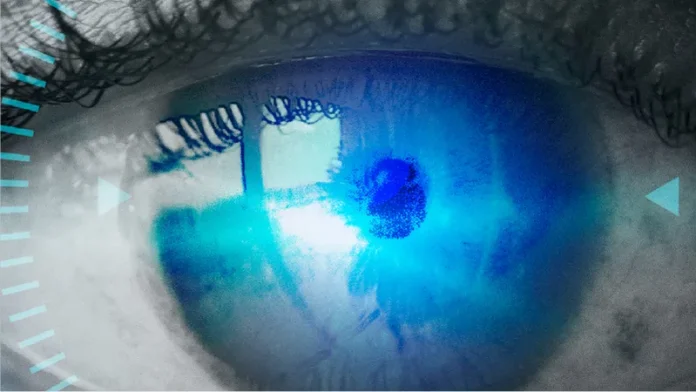
Let’s start with the facts. Blue light is a high-energy, short-wavelength light. It’s part of the visible light spectrum and comes from the sun, LED lights, and all your screens.
It plays a useful role during the day—it boosts alertness, reaction time, and mood. But after sunset, blue light confuses your body. Your brain thinks it’s still daytime, so it slows down melatonin production, making it harder to fall asleep.
Too much blue light at night isn’t just a sleep issue. Over time, it may also wear down the eyes’ natural defenses. If you’re feeling dry, gritty eyes, frequent tension headaches, or blurred vision at night—you might be feeling the impact already.
Is Blue Light Damaging Your Eyes?
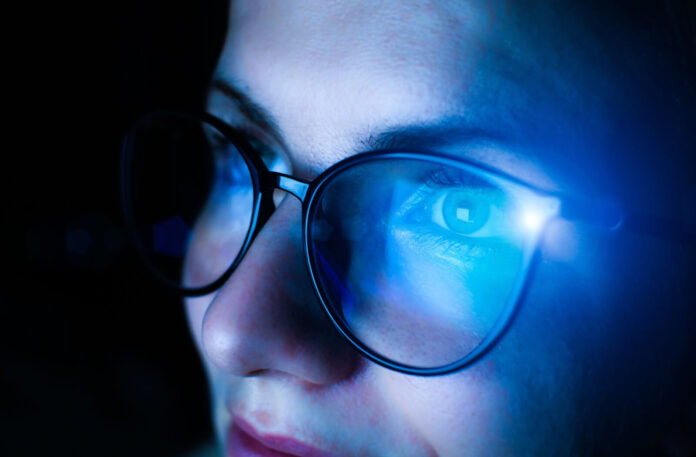
The answer isn’t black and white. Blue light can contribute to eye strain and fatigue, especially after hours of screen exposure without breaks. But it’s not like UV light that causes instant sunburn or retinal burns.
What happens instead is slower and quieter.
Your eyes get tired more easily. They start feeling dry. You might find yourself squinting or blinking more often. Your focus drops. At night, you struggle to wind down. None of it feels dramatic—but it chips away at your comfort, energy, and overall well-being.
And as we get older, our eyes produce less protective pigment. That means they filter out less harmful light naturally.
You can support your eyes internally too. Some ingredients, like lutein, zeaxanthin, and astaxanthin, act like internal sunglasses. They help filter out blue light before it reaches the back of the eye. If you’re looking for something simple to add to your routine, a quality eye health supplement can fill the gap. It’s a practical step for long-term support, especially if screen use is unavoidable.
Symptoms You Shouldn’t Ignore
If you’re dealing with any of the following on a regular basis, your eyes may be asking for help:
- Dry, itchy, or red eyes after screen time
- Trouble falling asleep after evening device use
- More frequent headaches or mental fatigue
- Blurry vision when switching focus
- More light sensitivity, especially at night
These aren’t signs of sudden damage, but they’re early warnings. Your visual system is working harder than it should.
The good news? You can shift things before it becomes a real issue.
How Blue Light Affects Sleep and Hormones
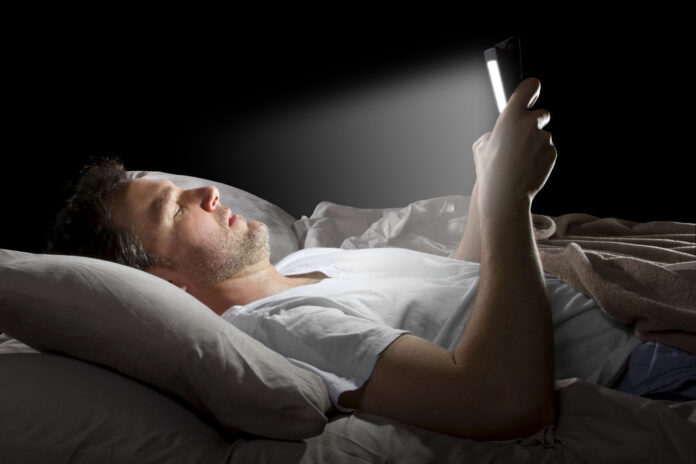
Your sleep cycle—your circadian rhythm—runs on natural light. When blue light hits your retina, it signals your brain to stay awake. That’s great in the morning. But after sunset, it throws off your body clock.
Night after night, poor sleep builds into chronic fatigue, stress hormone spikes, and weakened immunity.
Most people don’t connect eye strain and sleep problems to screen use. But they are deeply linked. And for women dealing with perimenopause or adrenal fatigue, even a little sleep disruption can hit hard.
Simple changes help. Switch to warm-toned screen filters after 7 p.m. Use blackout curtains or a sleep mask. Give yourself 30 minutes off screens before bed. Those small shifts support melatonin flow and more restful nights.
What Actually Helps—And What Doesn’t
You’ve seen blue light glasses everywhere by now. Some are helpful, especially if they block a wide range of blue light wavelengths. But they’re not magic.
To really support your eyes, go deeper than just filters.
What works:
- 20-20-20 rule: Every 20 minutes, look at something 20 feet away for 20 seconds.
- Lower brightness at night: Especially on phones and tablets.
- Supplements rich in lutein and zeaxanthin: They help nourish the macula, the part of your eye most affected by blue light.
- Omega-3 fatty acids: These support tear production and reduce eye dryness.
What doesn’t work:
- Relying on screen filters alone without taking breaks
- Overusing artificial tears that mask symptoms instead of solving the root cause
- Assuming your screens are the only problem—poor diet and lack of sleep matter more than you think
Smart Daily Habits to Protect Your Eyes
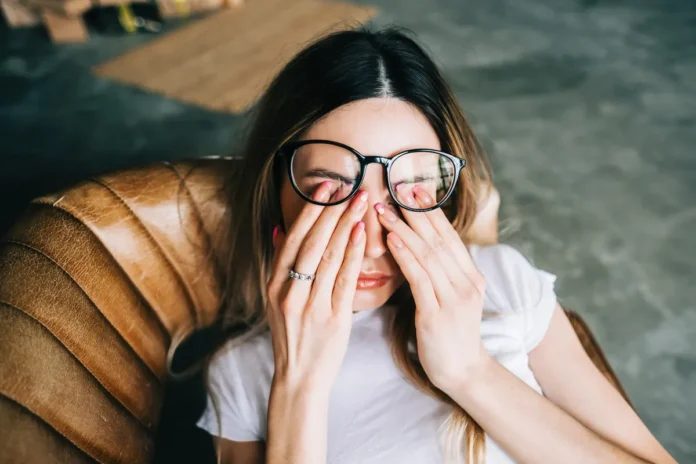
If you’re juggling work, family, and endless screen time, prevention is key. Here’s where to start:
Morning tips:
- Get 15 minutes of outdoor light before 10 a.m.
- Keep screens at eye level—don’t look down at your phone for hours.
- Stay hydrated—dehydration makes dry eyes worse.
Afternoon support:
- Adjust screen settings to reduce glare and increase contrast.
- Add colorful fruits and leafy greens for eye-friendly antioxidants.
- Limit caffeine after 3 p.m.—it affects sleep quality and eye dryness.
Evening reset:
- Use night mode or warm light filters.
- Turn off screens 30–60 minutes before bed.
- Try a wind-down ritual: gentle stretching, herbal tea, or reading a physical book.
These habits build real resilience in your eyes and your nervous system. You’ll feel calmer, sleep better, and stay focused longer.
How Age Changes Your Eye Resilience
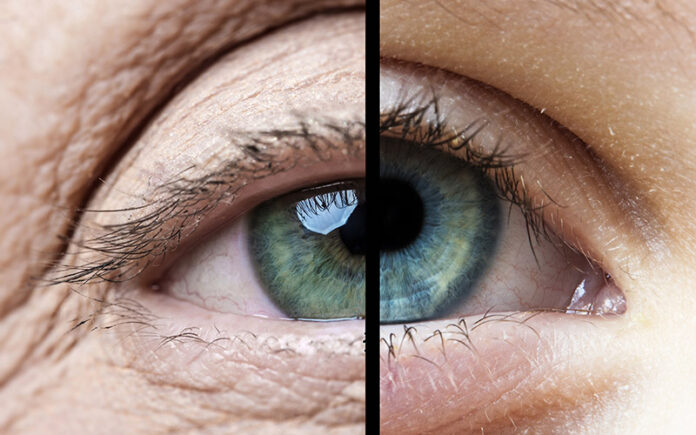
By the time most of us hit our 40s or 50s, natural protection in the eyes starts to dip. The macular pigment thins. Tear production drops. Lens flexibility declines. All of it makes our eyes more sensitive to artificial light.
If you wear reading glasses now, you’ve probably already noticed this. Small font tires your vision faster. Bright lights feel harsher. That’s not just “getting older.” That’s your body asking for more support.
Lifestyle still matters. So does nutrition. And yes—targeted supplements can bridge the gap when diet alone doesn’t cut it.
Give your eyes what they need before they start complaining louder.
Final Word: Start Small, Stay Consistent
You don’t need to overhaul your life to protect your eyes from blue light. But you do need to act with intention.
Start with one habit. Adjust screen settings. Try that 20-20-20 rule. Eat more greens. Consider adding a high-quality eye health supplement with clinically studied nutrients like lutein and astaxanthin.
Then keep going.
The goal isn’t perfection. It’s protecting what matters—your focus, your sleep, and your future comfort.
Your eyes are the window to how you live. Take care of them like the precious tool they are.

